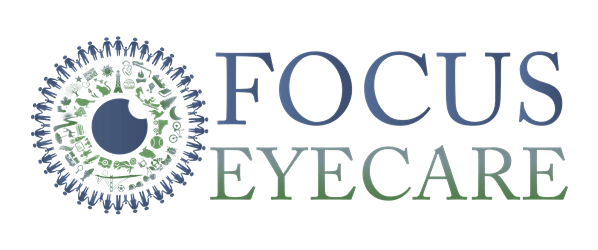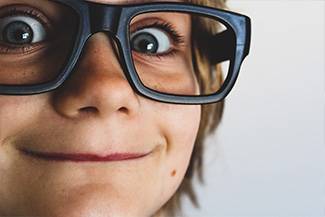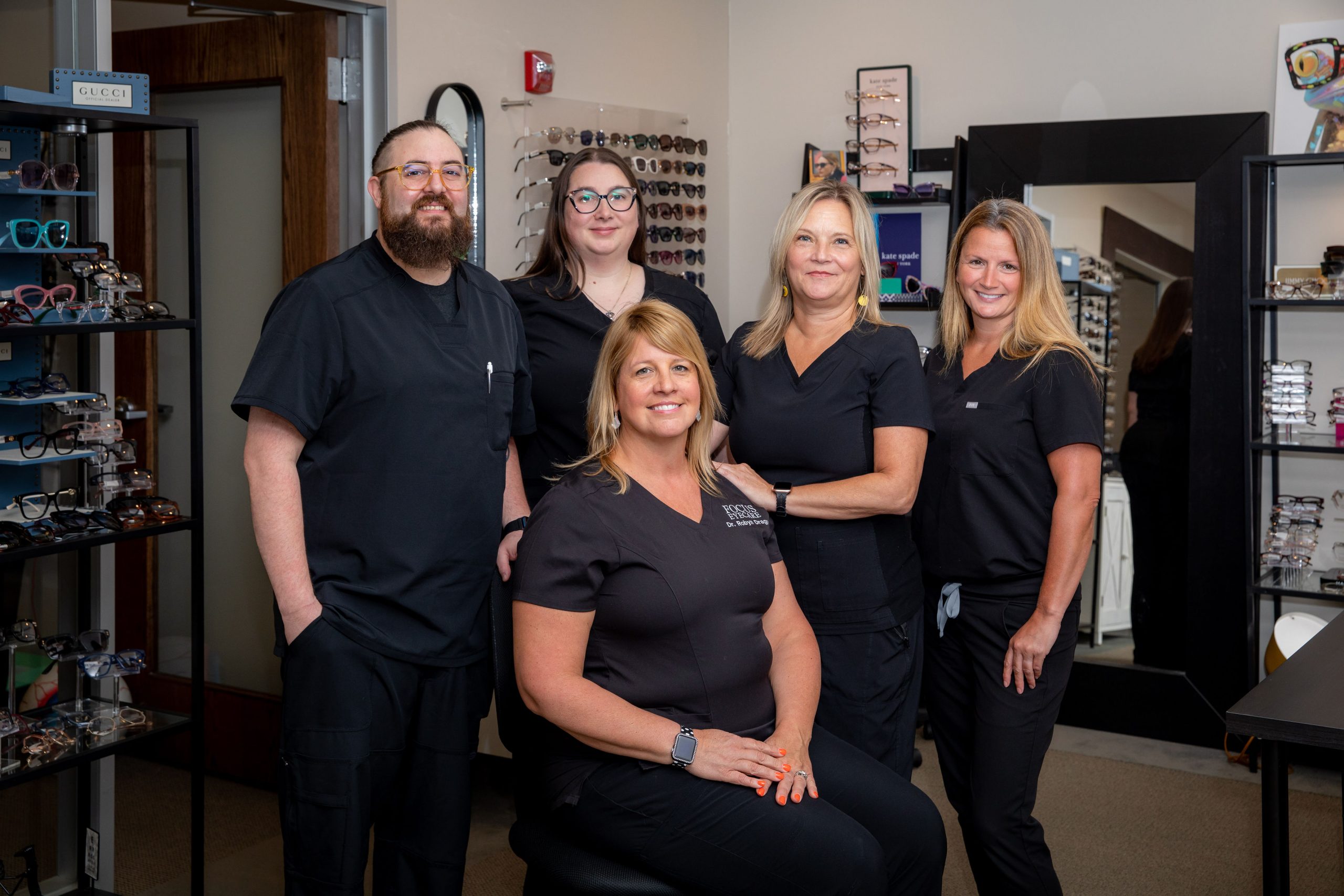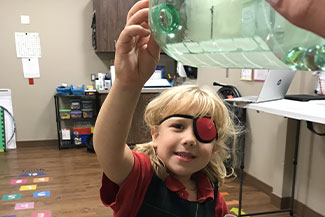What is Vision Therapy?
Vision therapy is a personalized program of exercises and activities designed to improve visual skills and processing. Vision therapy is about the brain, which trains the visual system to process and integrate visual information more effectively, improving eye coordination, focus, and perception.
By strengthening these skills, vision therapy helps individuals with conditions such as convergence insufficiency, amblyopia, and strabismus, enhancing their overall visual function and daily performance. Focus Eyecare offers syntonic therapy to enhance visual processing and overall eye health. Syntonic uses specific light frequencies to improve visual comfort, reduce visual stress, and support optimal visual performance.
Vision therapy is appropriate for individuals of all ages and abilities.
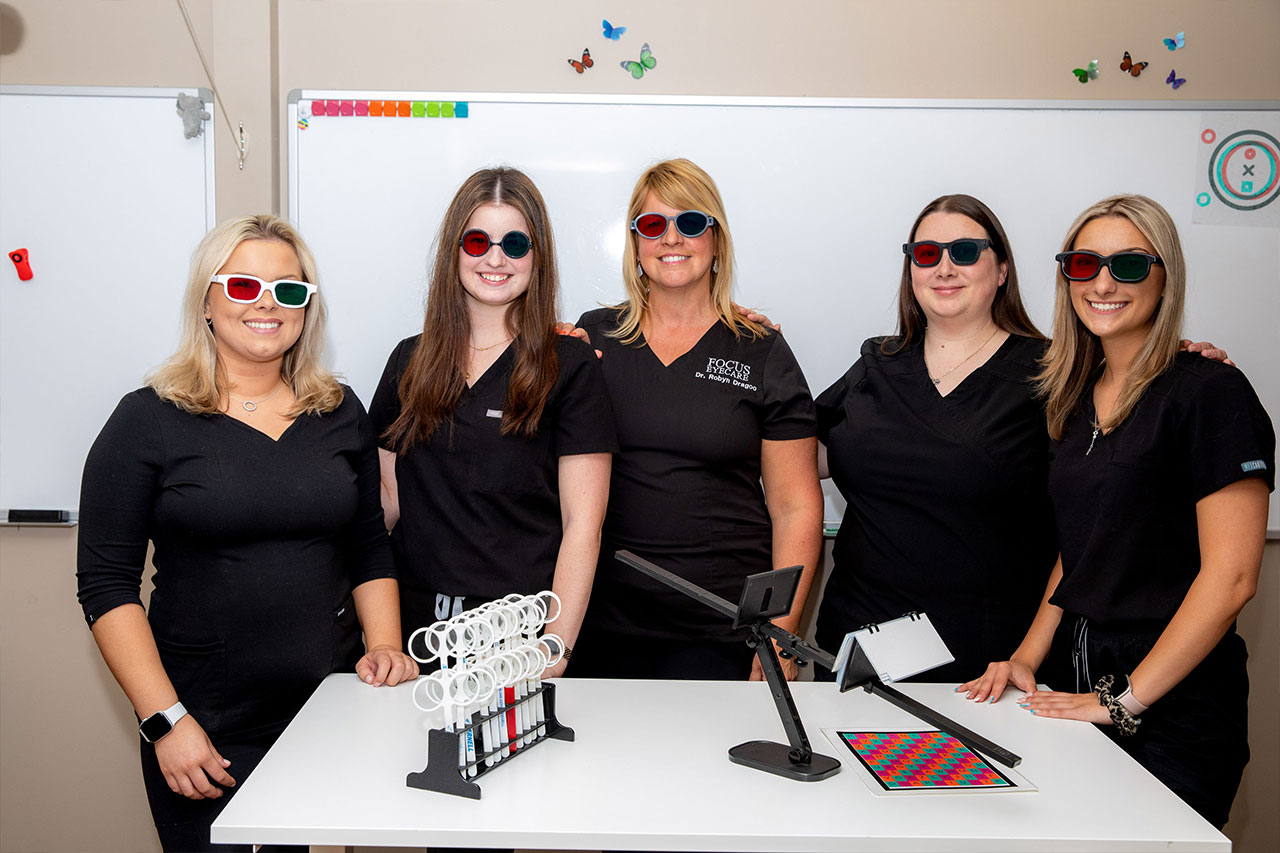
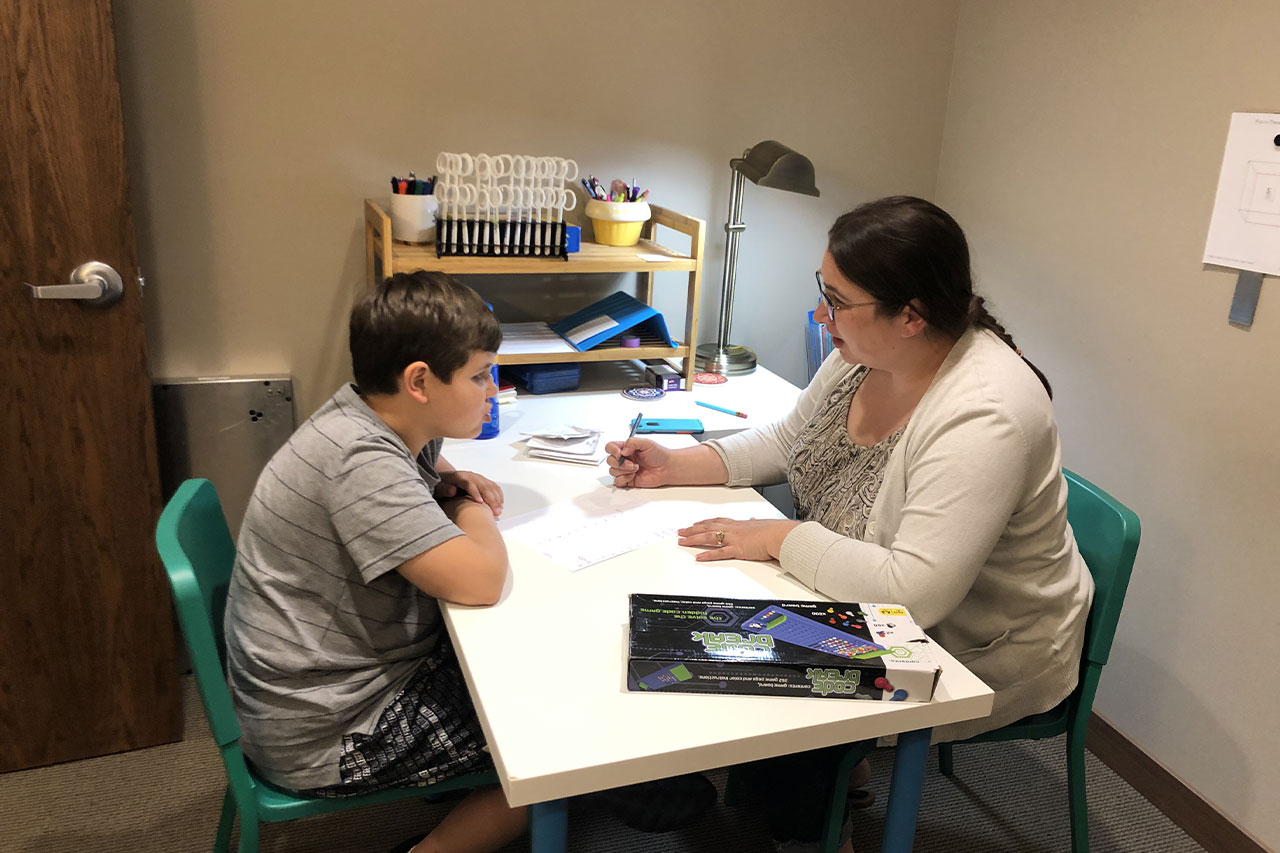
How is Vision Therapy at Focus Eyecare different?
Our unique program is completely individualized to meet the specific goals of each client. It is based on a systematic approach of three phases of vision therapy:
Phase 1: Strengthen and develop a variety of fundamental eye movement skills. Address any underlying concerns related to retained infantile reflexes and/or difficulties with gross and fine motor skills.
Phase 2: Taking vision skills to the next level. Emphasis on more challenging vision skills and developing automaticity. Introduction to visual perceptual skills and teaching the brain to process visual information.
Phase 3: Emphasis on the brain receiving and processing visual information as it applies to life and learning. Visual memory and visualization skills will be a focus. Direct application to academics and life skills will be completed when appropriate.
How does Vision Therapy Work?
In-Office Sessions
Typically, vision therapy sessions occur weekly or bi-weekly with a highly trained vision therapist. Activities and exercises are fun and engaging, using specialized tools like therapeutic equipment and prism lenses that are unique to vision therapy and not available in other professions.
At-Home Exercises
Patients are often given exercises to practice at home to reinforce the skills being developed. Through repetition, the goal is to strengthen skills such as focusing and eye movement alignment, ensuring the eyes and vision work efficiently and comfortably.
Scientific Backing
Vision therapy is supported by scientific research demonstrating its effectiveness in treating various visual disorders. For example, the Convergence Insufficiency Treatment Trial (CITT) study provided strong evidence for the benefits of vision therapy in treating convergence insufficiency. The study found that a structured vision therapy program significantly improved symptoms and visual function compared to other treatments. Research also shows that vision therapy can enhance skills like eye coordination, visual processing, and tracking, leading to better outcomes in reading and daily activities for those with visual deficits.
Major optometric organizations like the American Optometric Association and the Canadian Association of Optometrists endorse vision therapy.
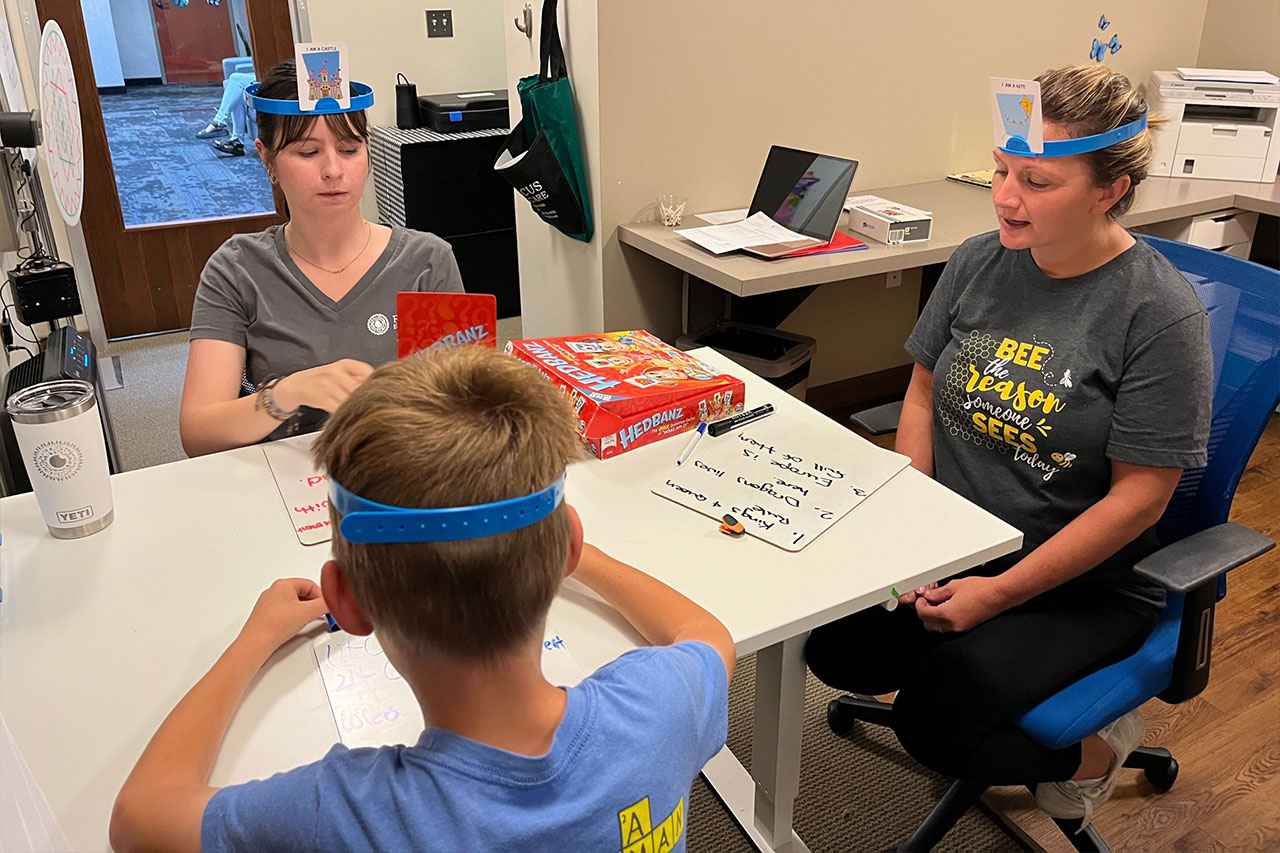
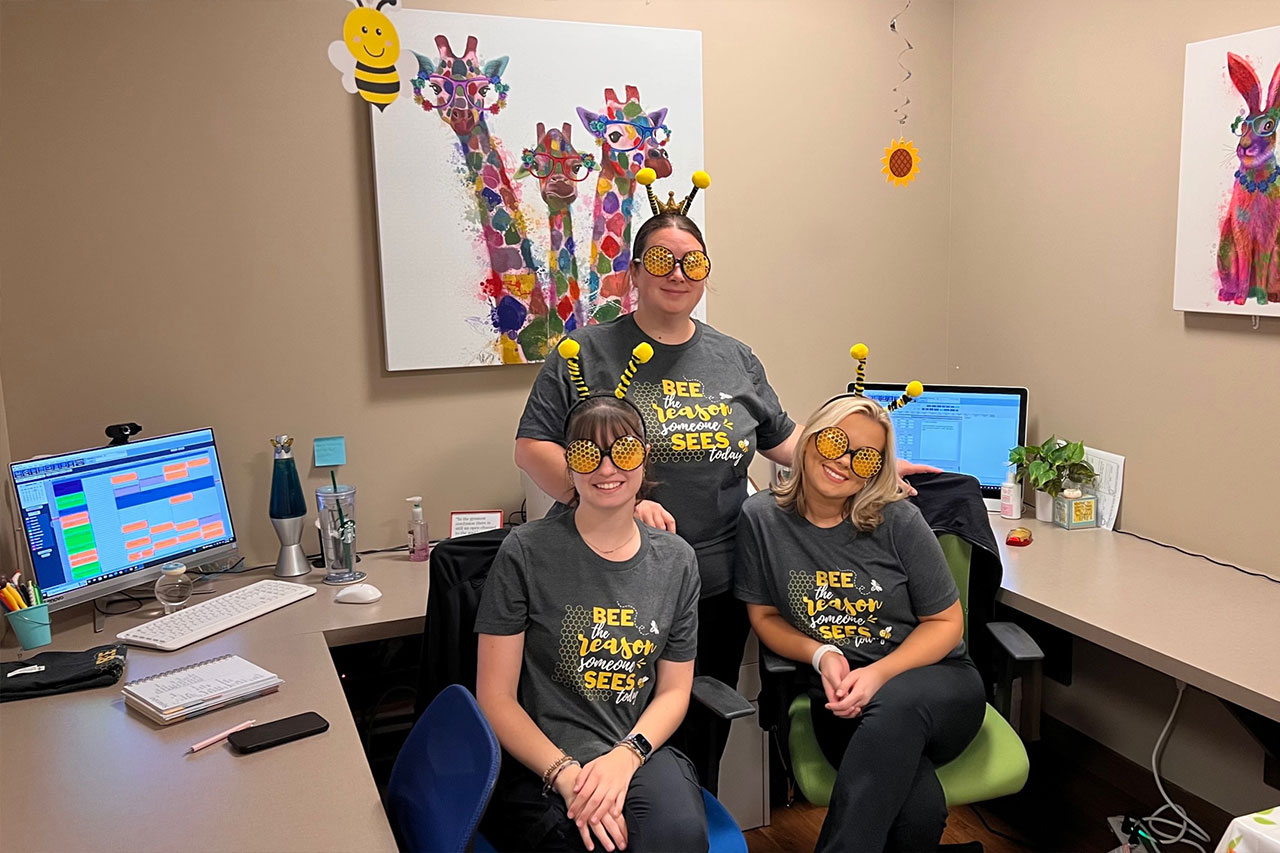
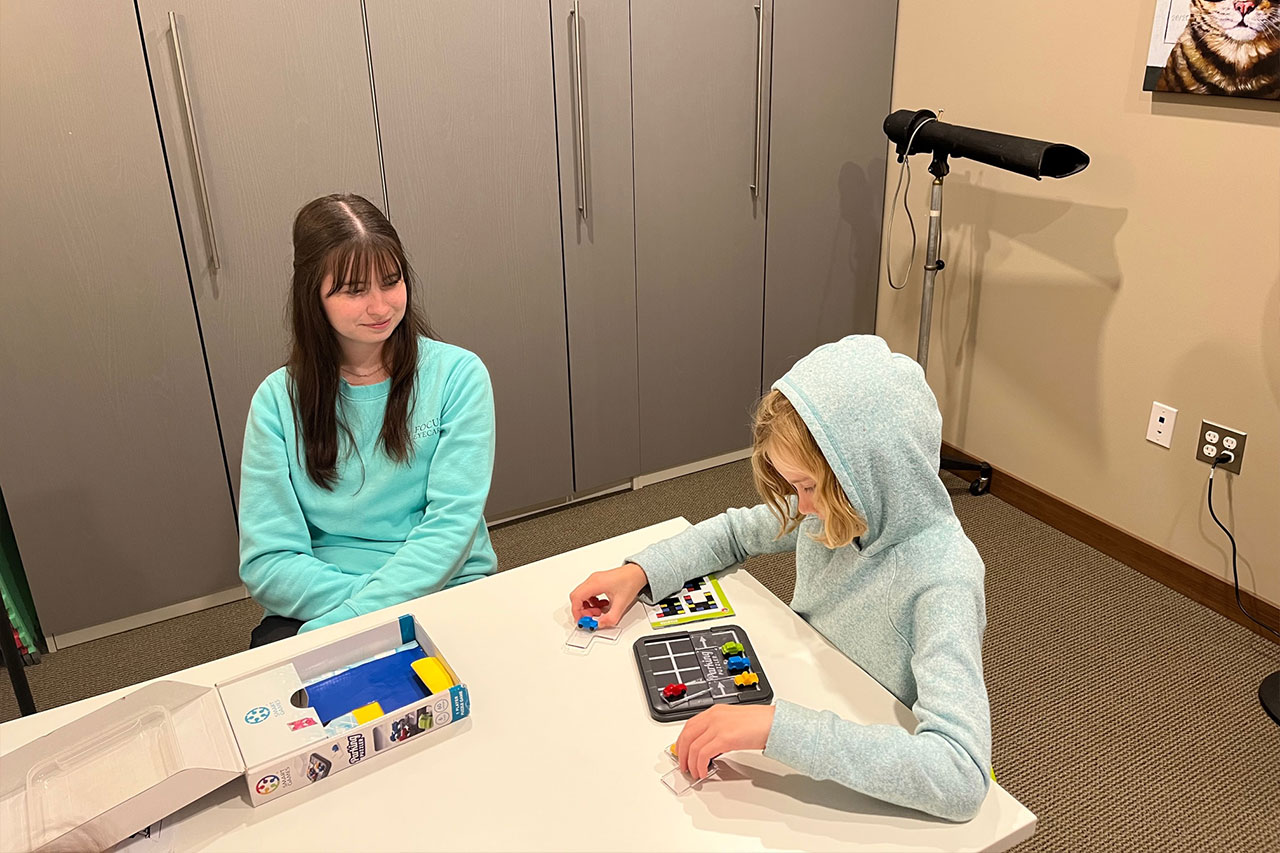
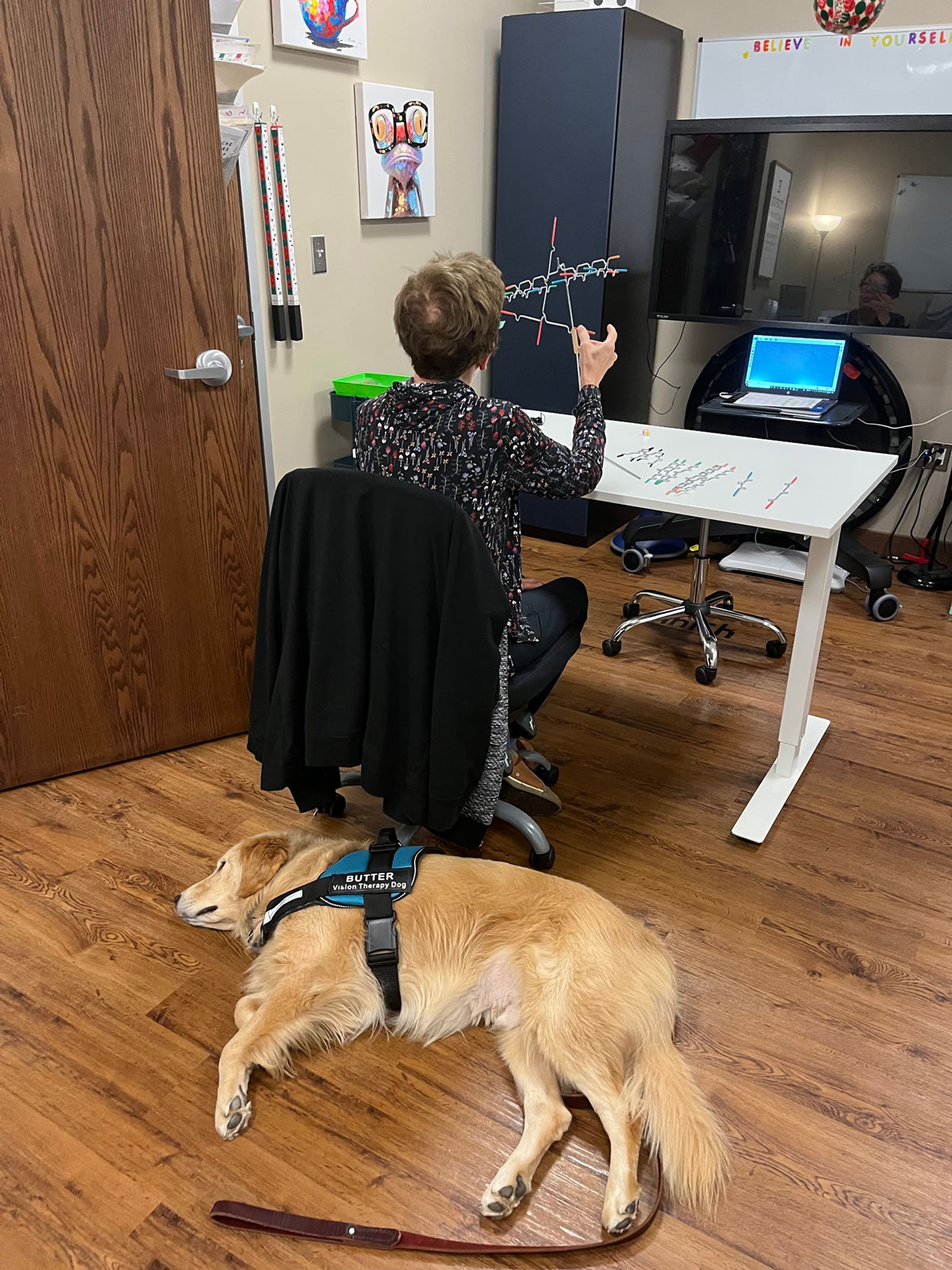
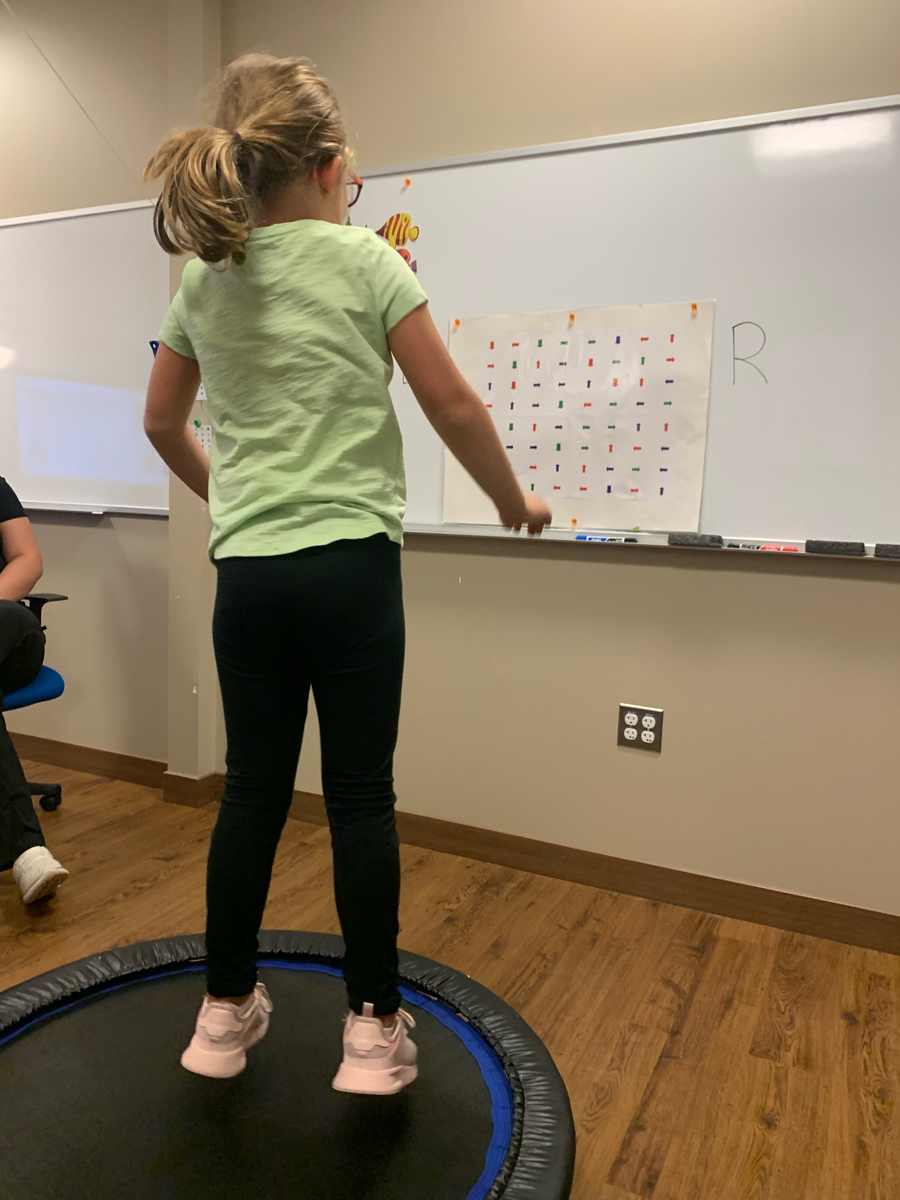
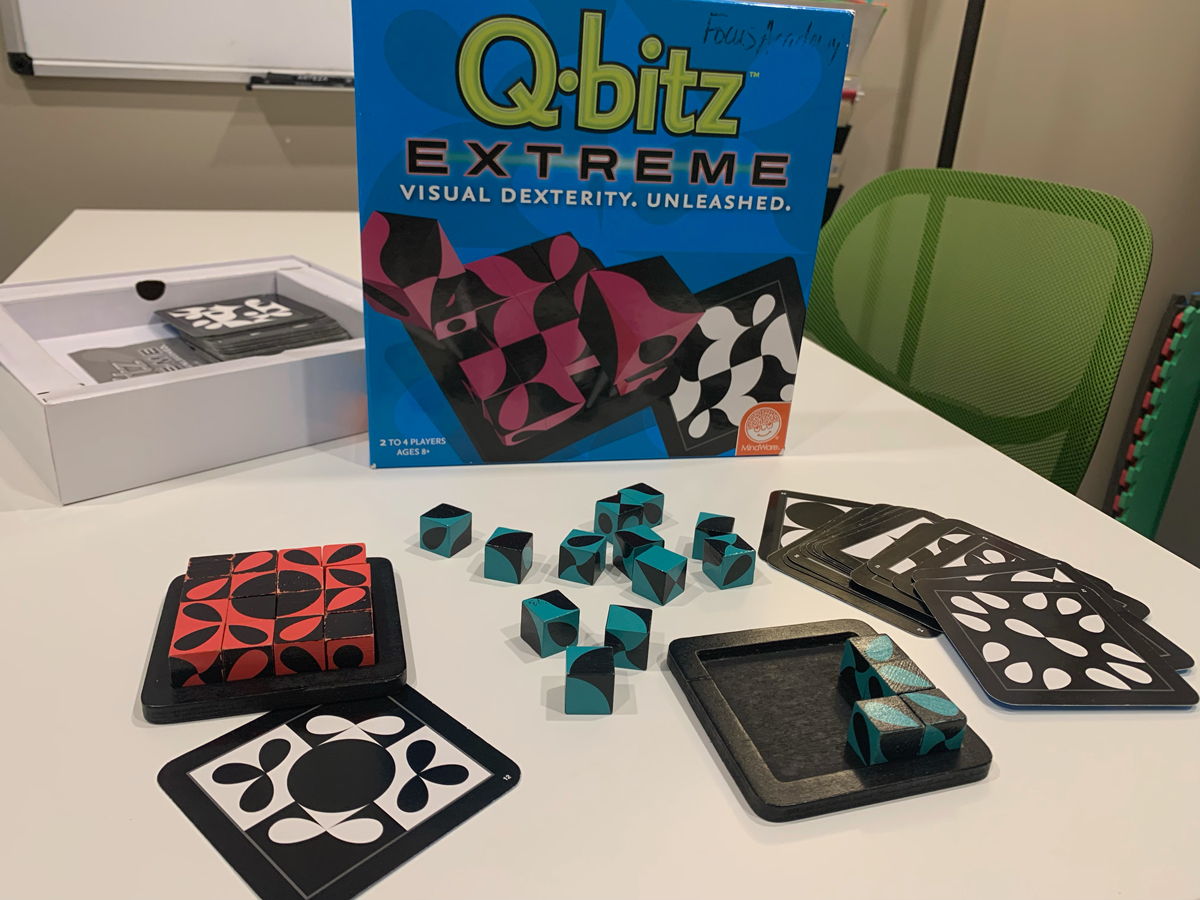
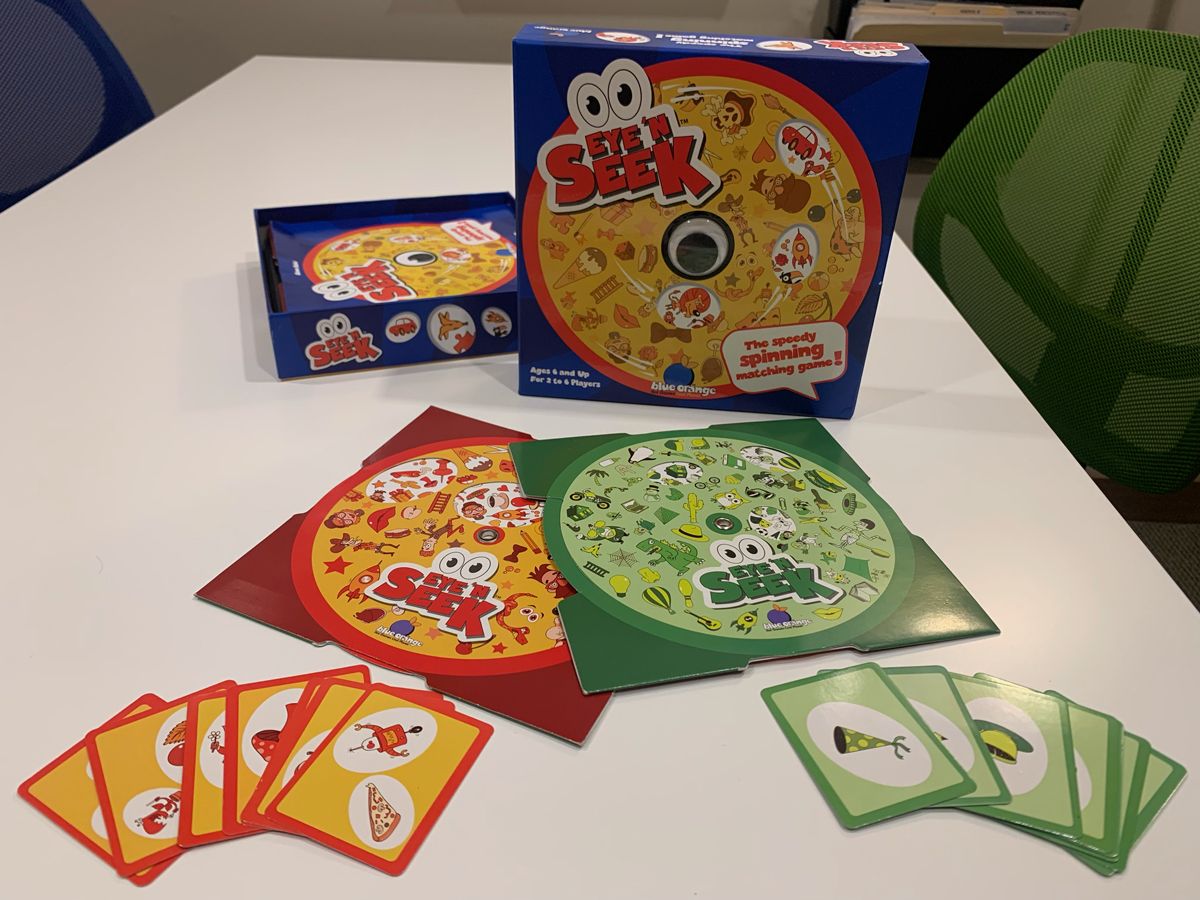
How does Vision Therapy Work?
In-Office Sessions
Typically, vision therapy sessions occur weekly or bi-weekly with a highly trained vision therapist. Activities and exercises are fun and engaging, using specialized tools like therapeutic equipment and prism lenses that are unique to vision therapy and not available in other professions.
At-Home Exercises
Patients are often given exercises to practice at home to reinforce the skills being developed. Through repetition, the goal is to strengthen skills such as focusing and eye movement alignment, ensuring the eyes and vision work efficiently and comfortably.
Common Functional Vision Problems
- Eye coordination (binocular vision)
- Focusing (accommodation)
- Eye tracking and saccadic movements
- Depth perception (stereopsis)
- Visual processing and perception
- Hand-eye coordination
- Visual memory and recall
- Spatial awareness and body awareness
- Visual-motor integration
- Visual-vestibular mismatch, dizziness
- Reading skills and comprehension
- Academic difficulties with math or other subjects
- Visual thinking and problem-solving
- Reducing eye strain and fatigue during tasks
- Retained infantile reflexes that can interfere with visual and motor development

Vision Therapy for Children
As children’s eyes develop, various issues can arise beyond refractive errors like nearsightedness (myopia) and farsightedness
(hyperopia). Even children with 20/20 vision can have underlying vision problems.
Children may need vision therapy if they struggle with visual issues like eye coordination, focusing, or processing, which can affect their ability to read, learn, or perform daily tasks. Binocular vision difficulties can hinder their academic performance and overall development. Vision therapy helps address these challenges by improving the way their brain processes visual information, allowing for better focus, reading, and learning skills.
Vision therapy can be beneficial for individuals with learning difficulties, autism, dyslexia, or ADD/ADHD, as these conditions often involve visual processing challenges.
Symptoms in Children
Common binocular vision disorder (BVD) symptoms in children:
- Frequent headaches or eye strain
- Difficulty reading or concentrating
- Skipping lines or losing place when reading
- Double vision or blurred vision
- Squinting or closing one eye to see better
- Poor depth perception
- Difficulty with hand-eye coordination
- Fatigue during close-up tasks like reading
- Struggling with academics, especially reading comprehension and focus
- Reversals of letters or numbers (e.g., "b" and "d")
- Difficulty completing homework or schoolwork efficiently
With these critical visual skills lacking, academics and life skills can become extremely difficult and exhausting, leading to frustration and behavioral issues

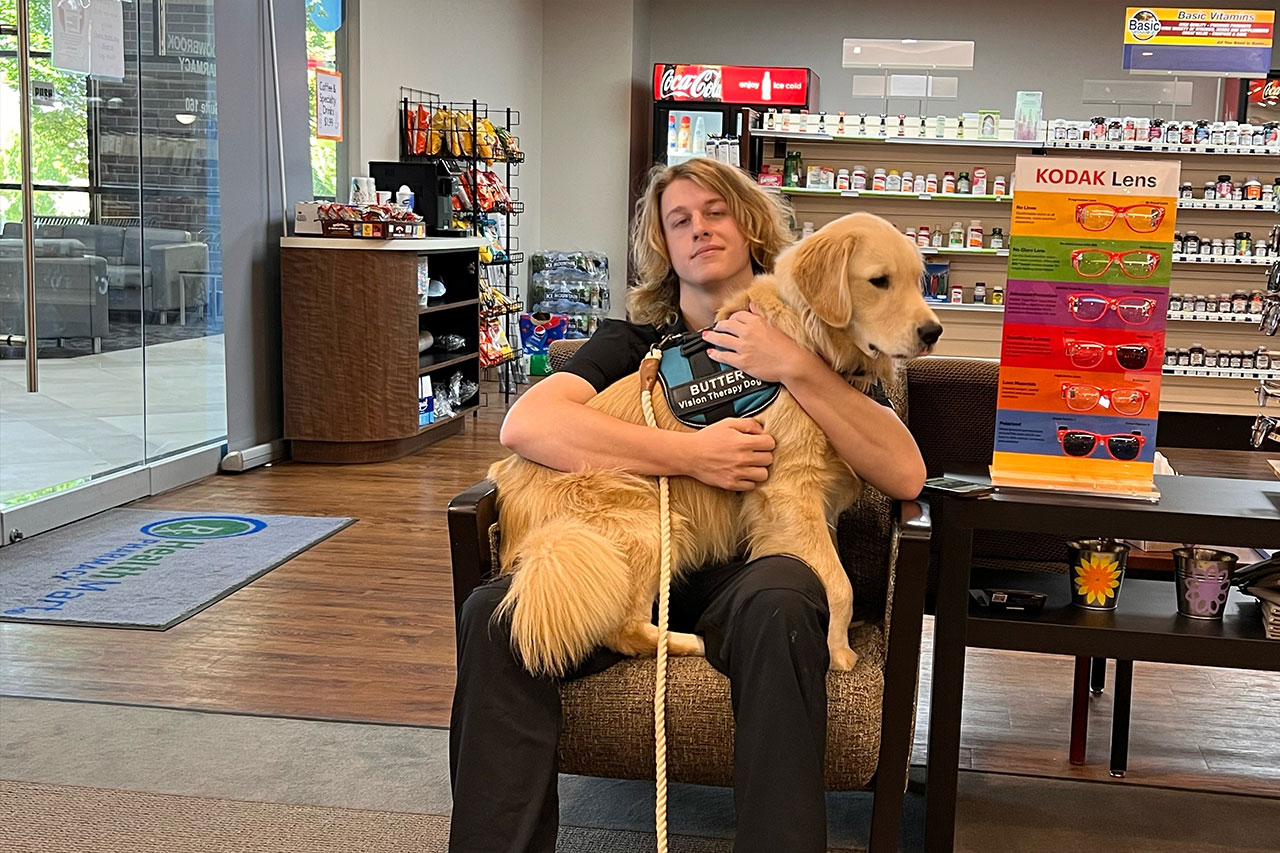

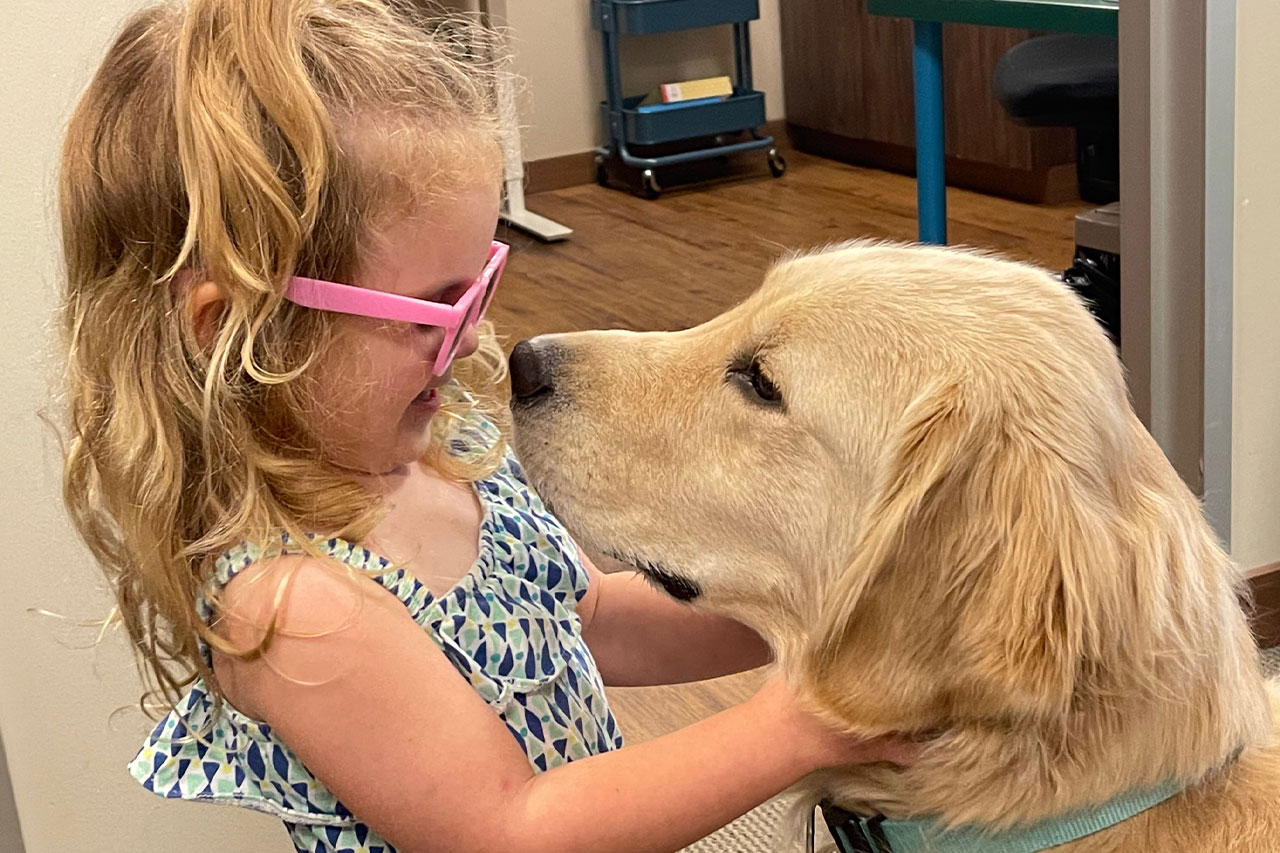
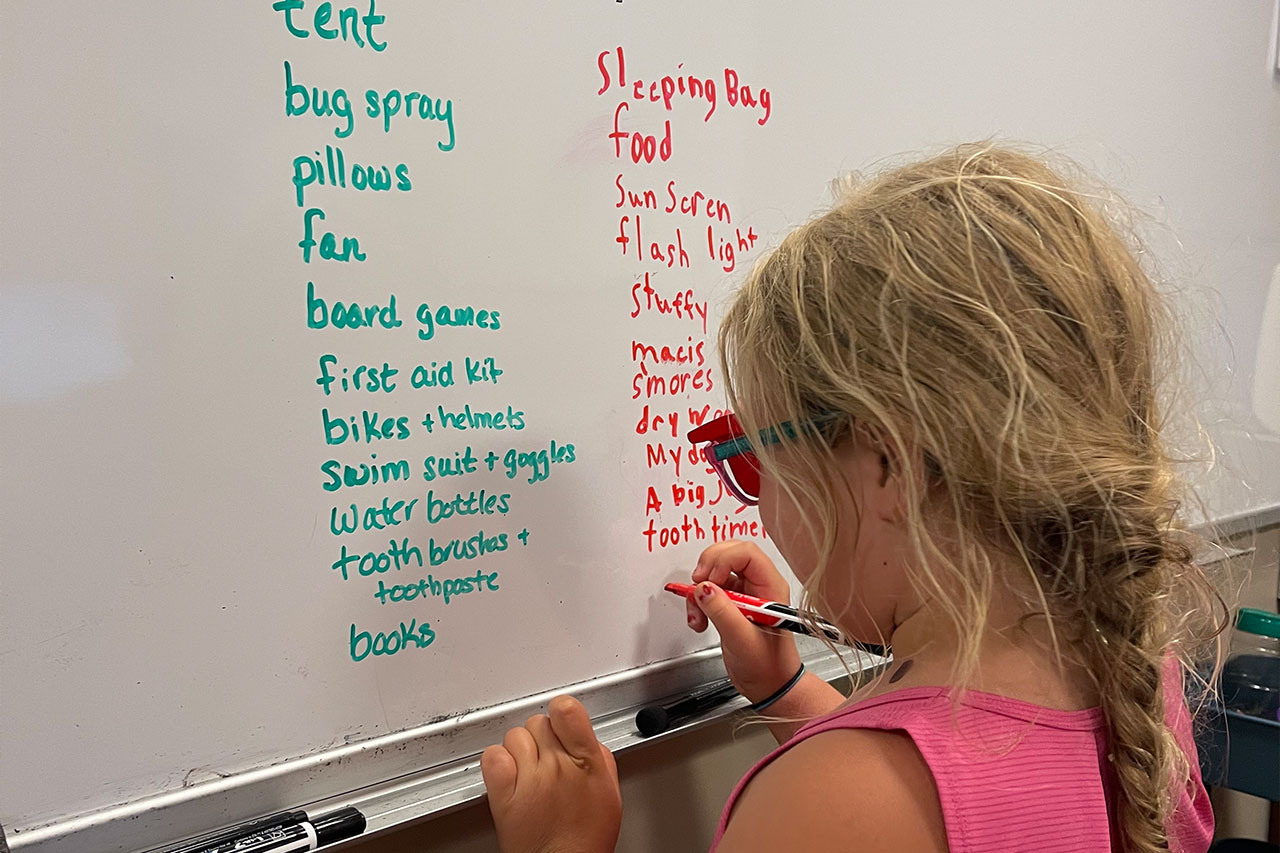


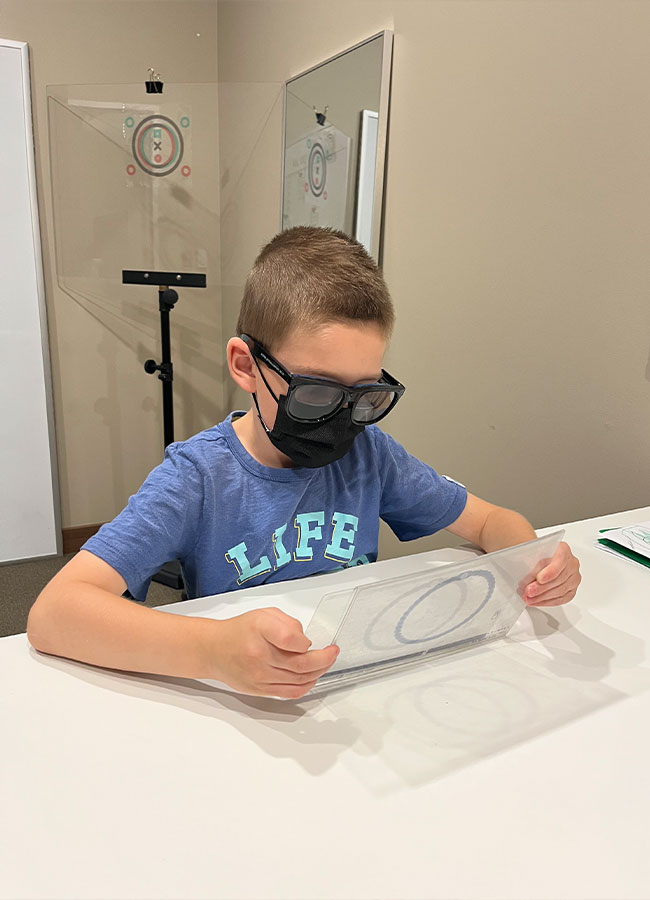

Vision Therapy for Adults
Vision therapy is beneficial for adults dealing with:
- Traumatic Brain Injury (TBI): Improves visual skills affected by brain injuries.
- Stroke: Aids in visual recovery post-stroke.
- Thyroid Eye Disease: Manages symptoms like double vision and eye misalignment.
- Dizziness and Vestibular Problems: Enhances visual-vestibular integration to reduce dizziness.
- Eye Strain: Alleviates discomfort from prolonged screen time.
- Reading Difficulties: Boosts reading efficiency and comprehension.
- Vision-related Work Challenges: Supports visual skills for professional tasks.
- Aging-Related Changes: Addresses visual changes due to aging.
We Offer Vision Therapy In The Following Areas
Novi, Northville, South Lyon, Milford, Commerce, West Bloomfield, Bloomfield Hills, Birmingham, Farmington Hills, Southfield, Plymouth, Livonia, Westland, Canton, Dearborn, Ann Arbor, Hartland, Salem, Saline, Garden City, White Lake, Highland, Brighton, Howell, Pinckney, Walled Lake and more.

